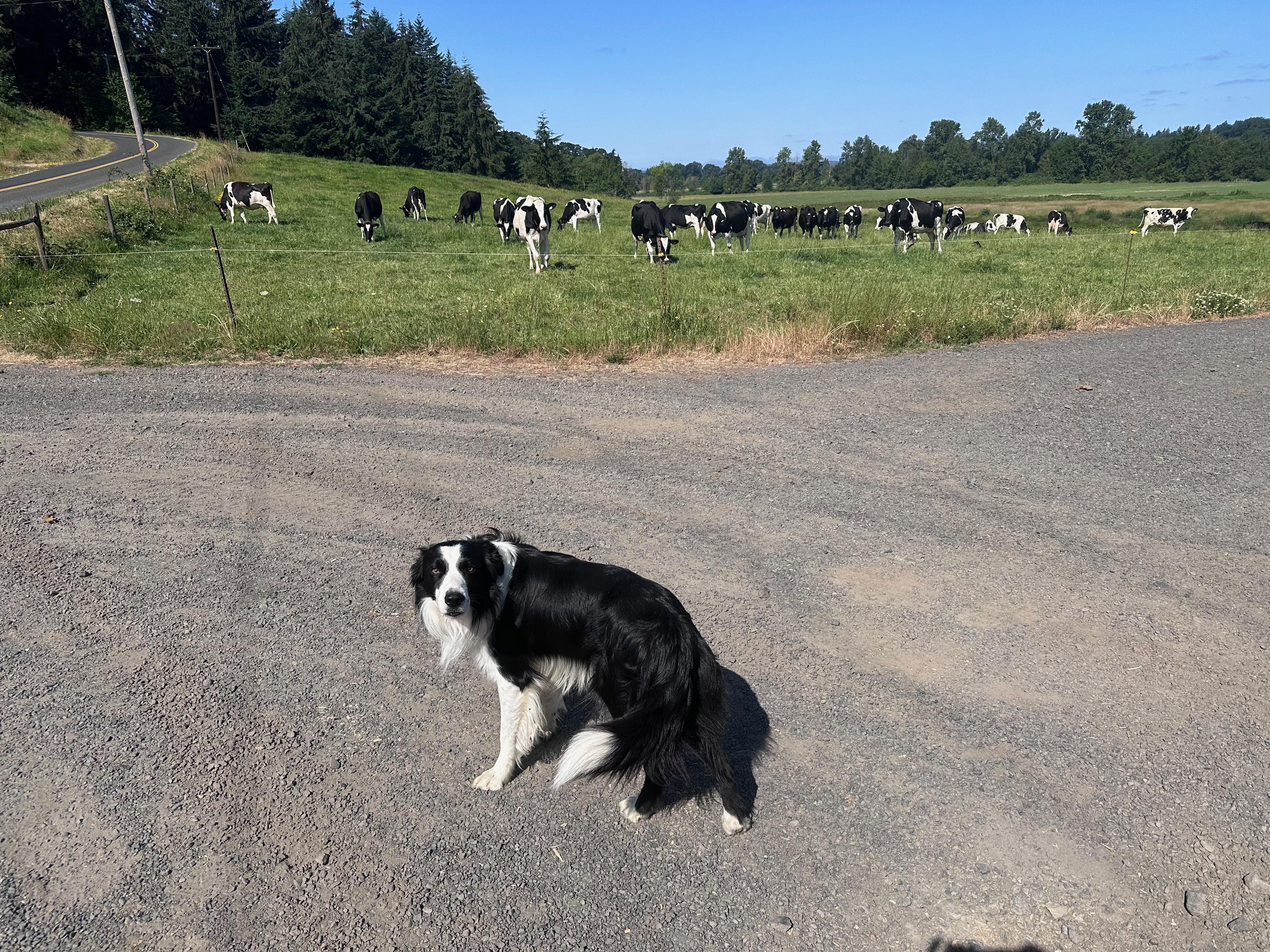When it comes to sharing our favorite snacks with our four-legged friends, it’s only natural to wonder about the safety and suitability of certain foods. Dairy products, with their creamy textures and rich flavors, often find their way into our diets, leaving many dog owners curious about whether these treats can be shared with their canine companions. In this article, we’ll delve into the world of dairy and dogs, exploring what you need to know to make informed decisions. From understanding lactose intolerance to identifying safe dairy options, we’ll provide you with the insights necessary to ensure your pup’s health and happiness. Whether you’re a seasoned dog owner or new to the joys of pet parenting, this guide aims to offer a warm and helpful hand in navigating the sometimes confusing world of canine nutrition.
Understanding Dogs and Dairy: What Happens Inside
When it comes to dogs and dairy, it’s essential to understand the inner workings of your furry friend’s digestive system. Dogs, like many mammals, are born with the enzyme lactase, which helps them break down their mother’s milk. However, as they grow older, the production of this enzyme often decreases, making it harder for them to digest lactose, the sugar found in milk. This can lead to symptoms like bloating, diarrhea, and gas. Not all dogs are lactose intolerant, but it’s crucial to be observant of any adverse reactions when introducing dairy products.
- Observe for intolerance: Watch for signs like vomiting, diarrhea, or excessive gas.
- Moderation is key: Small amounts of dairy may be tolerated by some dogs, but it should never be a significant part of their diet.
- Choose wisely: Opt for low-lactose options like hard cheeses or yogurt, which might be easier for your dog to digest.
Recognizing Signs of Dairy Sensitivity in Your Dog
Understanding your dog’s response to dairy is crucial for their health and comfort. While some dogs can handle small amounts of dairy, others might exhibit sensitivity. Watch for these common signs that might indicate your furry friend is having trouble digesting dairy products:
- Gastrointestinal issues: Diarrhea, vomiting, or excessive gas can be indicators that your dog is not tolerating dairy well.
- Skin problems: Itchy skin, rashes, or hotspots might develop if your dog is sensitive to dairy.
- Behavioral changes: A noticeable change in energy levels or mood swings could also hint at digestive discomfort.
If you notice any of these symptoms after your dog consumes dairy, it might be best to limit or eliminate these products from their diet. Always consult with your veterinarian for guidance tailored to your pet’s specific needs.
Safe Dairy Options and Serving Sizes for Dogs
When considering dairy products for your furry friend, it’s essential to focus on those that are low in lactose to minimize digestive upset. Some safe options include:
- Plain Yogurt: Choose plain, unsweetened yogurt, as it contains probiotics that can aid in digestion. A small spoonful mixed with their regular food can be a delightful treat.
- Cottage Cheese: With its lower lactose content, cottage cheese can be a tasty snack for your dog. Serve a small scoop, about the size of a golf ball, to start.
- Cheese: Opt for low-fat varieties like mozzarella or cheddar. A few small cubes can be used as training treats, but moderation is key.
Portion control is crucial when introducing dairy into your dog’s diet. Begin with tiny amounts to observe how your dog reacts, and never exceed 10% of their daily caloric intake from these treats. Remember, every dog is unique, so what works for one might not work for another.
Alternatives to Dairy: Healthy Treats for Your Canine
For dog owners exploring alternatives to dairy, there are plenty of healthy and delicious options that can keep your furry friend wagging their tail with delight. Whether your dog is lactose intolerant or you’re simply looking for variety, these treats offer a safe and nutritious way to spoil your pet. Here are some excellent choices:
- Coconut Yogurt: This dairy-free option is rich in probiotics, which can help support your dog’s digestive health. Make sure to choose unsweetened varieties to avoid any harmful additives.
- Pumpkin Puree: Not only is pumpkin a great source of fiber, but it also helps regulate digestion. Serve it as a frozen treat or mix it with your dog’s meals for an extra boost of nutrition.
- Peanut Butter: Always a favorite, peanut butter is packed with protein and healthy fats. Opt for natural peanut butter that doesn’t contain xylitol, which is toxic to dogs.
- Sweet Potatoes: These are a fantastic source of vitamins and minerals. You can bake or boil them and serve them as a chewy snack that your dog will love.
These alternatives not only cater to dogs with dairy sensitivities but also provide a range of flavors and textures to keep mealtime exciting. Remember to introduce new treats gradually and consult with your veterinarian if you have any concerns about your dog’s diet.

